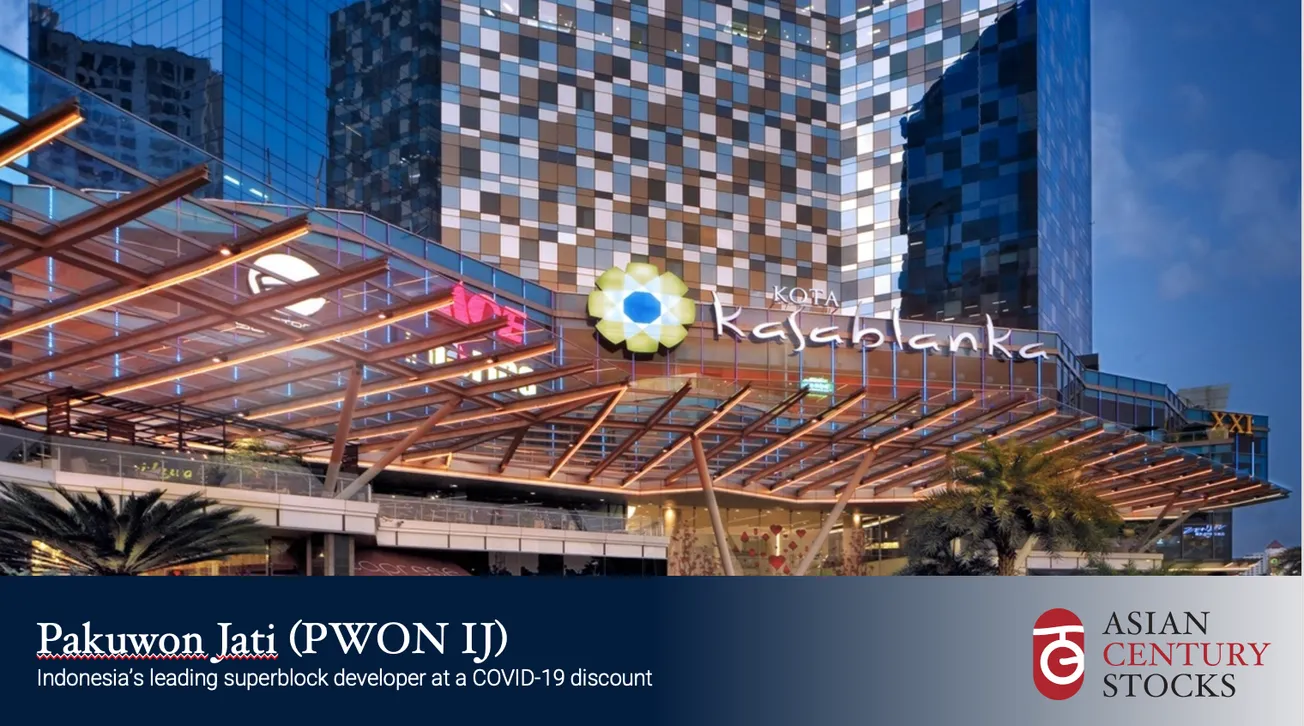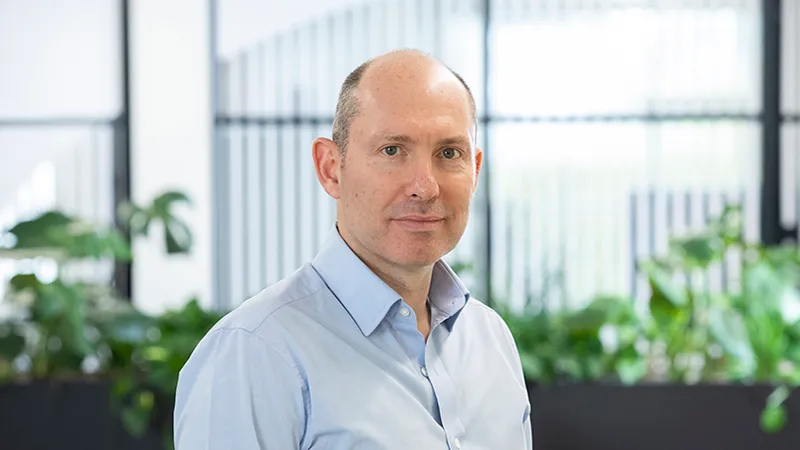Deep-dive 2021-20: Pakuwon Jati

Latest


Luxury Watch Market Analysis (Feb 2026): Rolex Price Rebound and Swiss Export Growth in Asia
Secondary prices have rebounded strongly, and Swiss export volumes are recovering, too


South Korea’s ‘Corporate Value Up’ Reforms: Ending the Korea Discount
South Korea as the next frontier for corporate governance reforms



